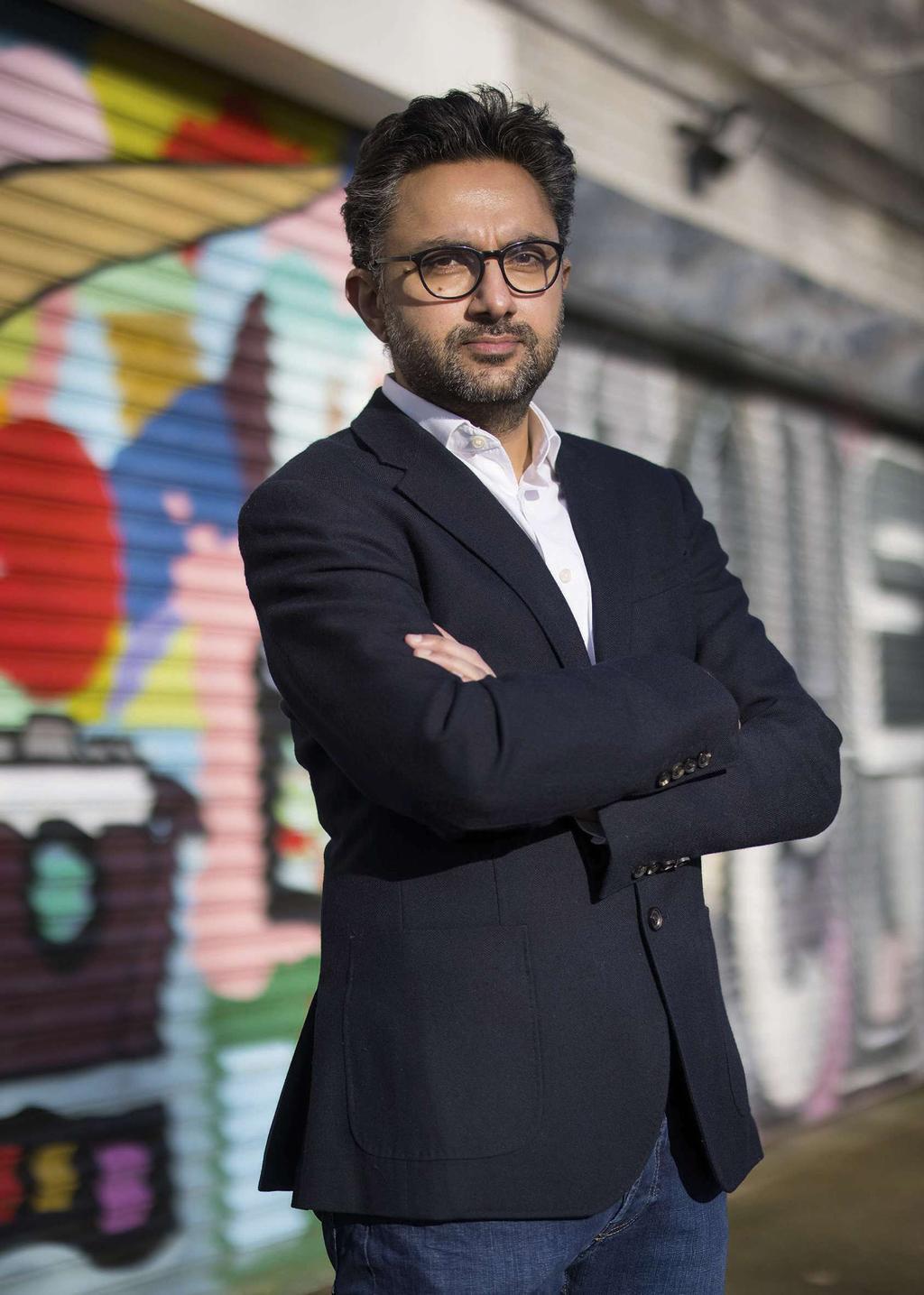“It was painful to realise how my education had colonised me”

Ellie Cawthorne: Your new book explores how modern Britain is still shaped by its imperial history. Where can we still see the influence of empire today?
Sathnam Sanghera: It’s absolutely everywhere. There are millions of expressions of it. You can feel it in our language – the phrase “juggernaut” comes from Sanksrit; “bungalow”, “shawl” and “sandals” are all words of Indian origin; while “zombie” comes from west Africa and “toboggan” is Native American. A lot of our businesses emerged from the colonial era. Liberty of London began by selling silks and cashmere shawls from the east. The company that became Shell Oil started off importing oriental seashells. Wembley Stadium was originally known as the Empire Stadium, and the roads around it, some of which still exist, were named by arch-imperialist Rudyard Kipling. Robert Baden-Powell wanted to call the Scouts the Imperial Scouts, and the first ever book for Girl Guides was called How Girls Can Help to Build Up the Empire. Then there’s cricket, of course. I could go on forever.
These are all quite small examples, but of course there are much bigger things too. Britain’s multiculturalism, our politics, the way we see ourselves, our psychology, our economy, the origin of lots of our wealth. My book is an attempt to measure that influence.
You argue that Britons – yourself included – aren’t taught enough about this major aspect of our history. What view of empire were you given growing up?
I was never really told about it, and I don’t think I’m unusual. When Tony Blair handed back Hong
You’re reading a preview, subscribe to read more.
Start your free 30 days



